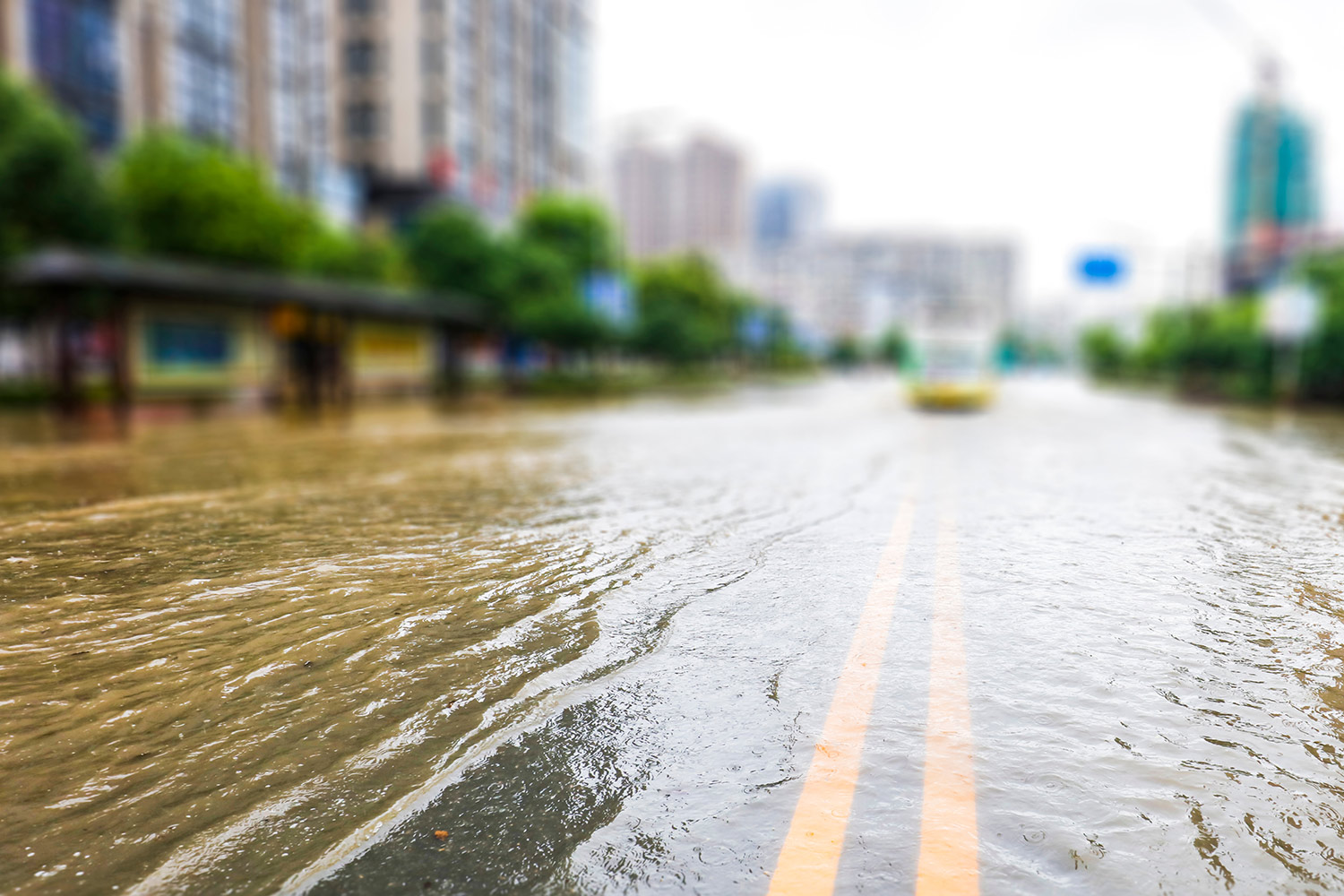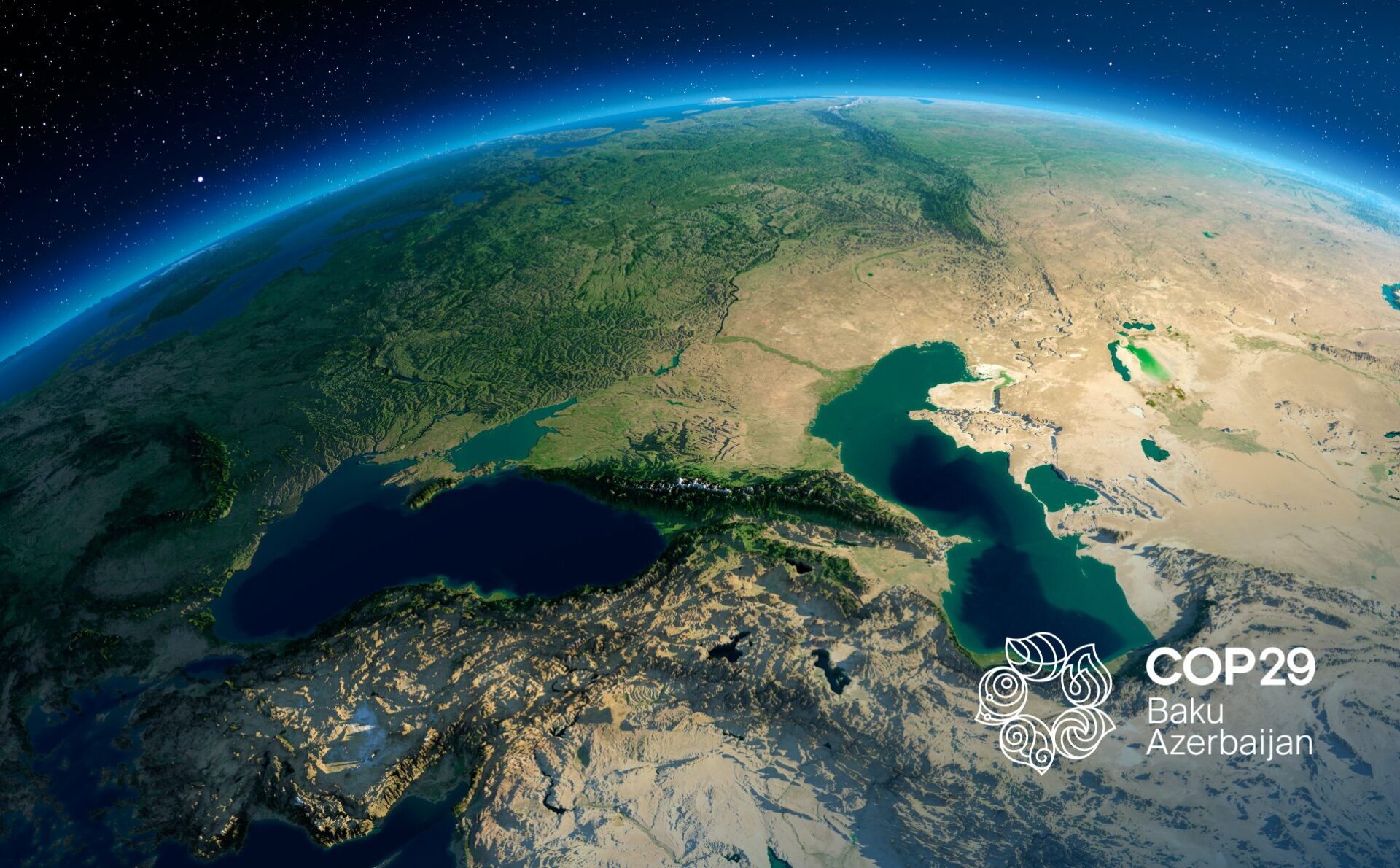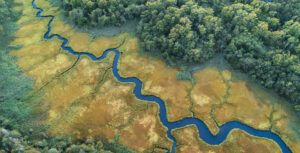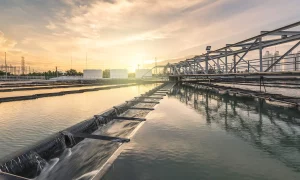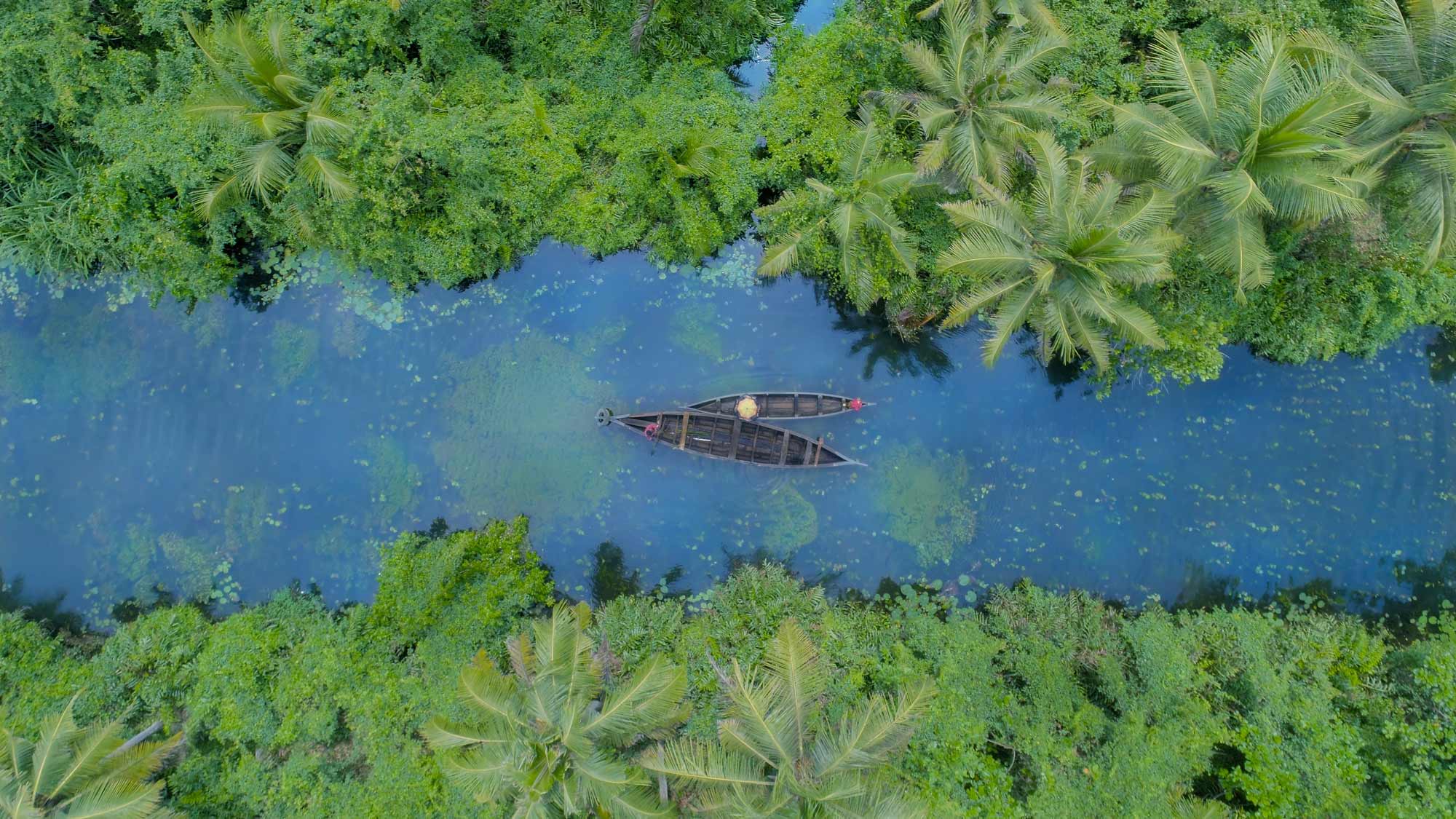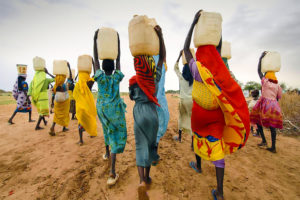The City water resilience approach provides a step-by-step guide for cities to achieve more sustainable and resilient management of their water systems.
Cities are at the frontline in the face of many water challenges and so urban water management must be approached in an innovative and open manner. Building water resilience is key in addressing the local water challenges and ensuring safe, secure, and inclusive water and sanitation services for all. It is also important for protecting the infrastructure and communities from any water-related risks. To achieve this, decision-makers and other stakeholders must have the knowledge and ability to make better decisions and investments in their city’s water sector.
To address this, SIWI has, together with Arup, the Resilient Cities Network (RCN) (formerly 100 Resilient Cities), developed the City Water Resilience Approach. The aim is to help cities take a holistic view of their water systems and build urban water resilience.
Our approach
The city water resilience approach (CWRA) aims at shaping a better world where we are improving public health, enhancing communities’ resilience to climate change, and creating natural and social value through water that will result in a more inclusive and sustainable society.
It provides a detailed five steps methodology coupled with tools and resources. These steps guide cities in bringing a wide range of stakeholders together to share their perspectives in order to diagnose what helps and hinders the water system to function when faced with water-related shocks and stresses. Through this process they can collaboratively develop and implement water resilience actions and strategies.
The step-by-step process is facilitated by two tools:
- the OurWater digital tool supports to map the natural water system and stakeholders, and further improves governance and knowledge-sharing between stakeholders in the city water system.
- the City Water Resilience Framework (CWRF) is a framework for globally applicable water resilience assessment, to comprehensively assess and plan for urban water resilience across sectors and stakeholders, as well as across city boundaries.
CWRA has been applied in a number of cities and is scalable from towns through to megacities. It can be applied by a wide range of stakeholders, including municipal and national government, water utilities, river basin authorities, the private sector and civil society groups.
External resources
The City Water Resilience Approach and its tools are unique in that they feature water governance as an entry point to build resilience, which is a key component embedded in its tools and resources, listed below.
- OurWater tool – OurWater has been developed to address the growing need for tools that can help cities share information between different stakeholders and visualize complex interactions in urban water systems.
- City Water Resilience Approach guide – CWRA details five steps to guide cities through initial stakeholder engagement and baseline assessment, action planning, implementation and monitoring of new initiatives that build water resilience.
- City Water Resilience Methodology – This user guide outlines the assessment methodology for the City Water Resilience Framework along with indicators and guiding criteria, as well as the five-step process of CWRA.
- City Water Approach Literature Review – CWRA is developed based on review of relevant literature and assessment of the resources currently available to cities for building water resilience.
- City Water Resilient Profiles – The City Water Resilience Approach, along with its OurWater digital tool and City Water Resilience Framework was implemented in two cities, Cape Town and the Greater Miami and the Beaches.
- Accelerating Climate Action: Building Resilient Cities through Improved Water Governance – This action brief looked into the role of water management in creating inclusive, safe, resilient and sustainable cities.
- City Characterization Reports – These reports detail the research undertaken in eight partner cities to define the city water basin, its governance structure, and the interdependencies with other systems; and identify factors contributing to the resilience of the city water system.
